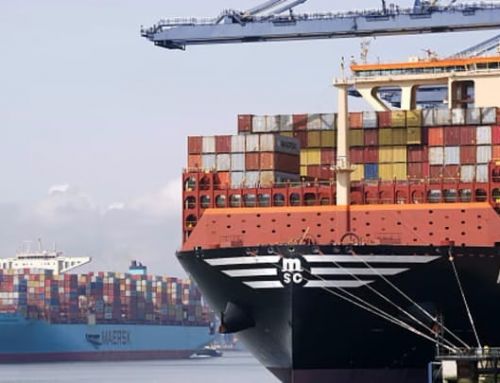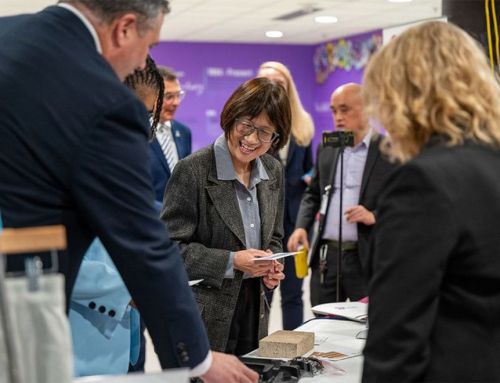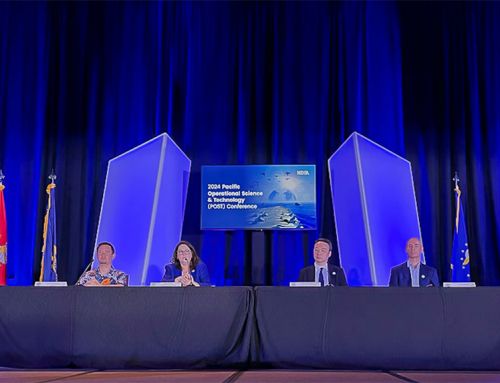Global trade has facilitated access to low-cost materials that go into products Americans use every day. However, the COVID-19 pandemic revealed cracks in the current model, which heavily relies on international supply chains. That’s where bioindustrial manufacturing – which strengthens supply chains and develops domestic capacity to produce these essential supplies – comes in.
BioMADE members are building this new supply chain by creating alternatives for commodities ranging from fabrics to chemicals to cement, and more. Many of these widely used materials, such as palm oil – which is found in more than half of supermarket items – natural rubber used in high-performance tires, and foods like coffee and chocolate, are currently sourced from tropical regions of the world. As the demand for these products grows, this leads to the degradation and destruction of these rainforests.
These essential raw materials are also subject to price fluctuations caused by weather disasters, plant diseases, rising prices of fertilizers, transportation, and labor costs, and geopolitical events. Shipping products from overseas increases energy use and greenhouse gas emissions. Establishing alternative domestic sources of these materials is crucial for meeting the U.S. national security and economic goals.
Biotechnology – used to optimize the organisms used in bioindustrial manufacturing – creates a sustainable way to reduce the environmental impact, improve reliability, and simplify the structure of supply chains for tropical commodities by developing technologies and processes to create alternative domestic sources of these products. Read on for how three BioMADE members – Geno, Kultevat, and California Cultured – are reimagining supply chains for materials traditionally sourced from the rainforest.
Natural Rubber
BioMADE member Kultevat is producing domestic alternatives to natural rubber currently sourced from Asia. They developed a technology to produce natural rubber from an engineered strain of Kultevar™ Dandelion by combining plant science, agronomy, and bio-processing technology. With research supported by BioMADE funding, the company aims to completely revolutionize the supply chain by bringing natural rubber manufacturing to the U.S.
Currently, the majority of natural rubber is sourced from Thailand and Indonesia. The trees that produce natural rubber are susceptible to diseases like South American leaf blight disease, which puts the supply chain stability at risk.
“There’s a lot to be said about having a domestic source of biomaterials versus materials that you have to send overseas from another country,” says Dan Swiger, President and CEO of Kultevat. “The rubber shipped from Thailand to California takes about 30 days to cross the ocean. If it goes to the East Coast, add another 10 days. These big container ships burn roughly around 64,000 gallons of fuel a day.”
In addition to reducing transportation costs, Kultevat’s platform would secure the availability of an important strategic material essential for U.S. manufacturing. Dandelion rubber has the same desired characteristics as natural rubber, a critical component in tires and other applications. “Our rubber is as good, if not better, than the rubber that comes from rubber trees grown in Southeast Asia and South America,” says Dr. Roger Beachy, Chief Scientific Officer at Kultevat. “And it does not involve cutting down rainforests. Instead, it can be grown on cultivated farmland in the United States.”
Kultevat is engineering dandelion plants to ensure climate resilience of the crops and to enable distributed manufacturing to further secure the domestic natural rubber supply chains. “We’re working on developing [dandelion] varieties that can survive and thrive in different environments, wherever the crop might be grown,” says Beachy. “The goal is to make it as easy for the farmers to grow as we can.”






